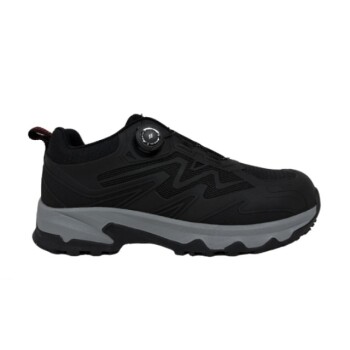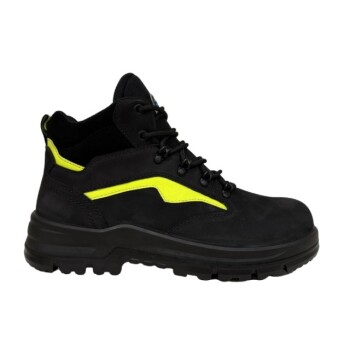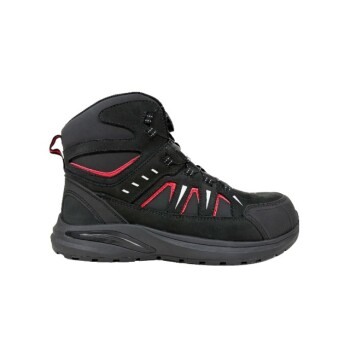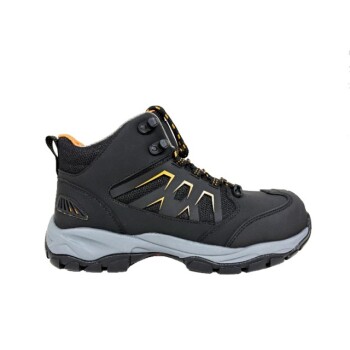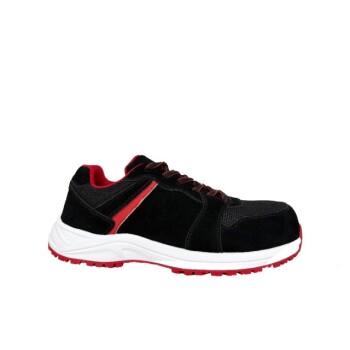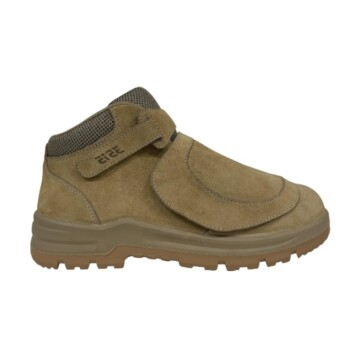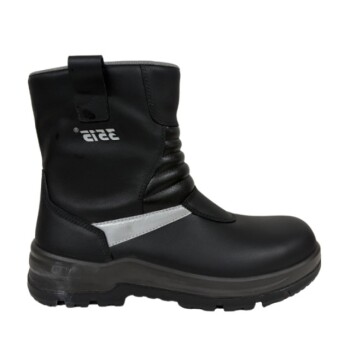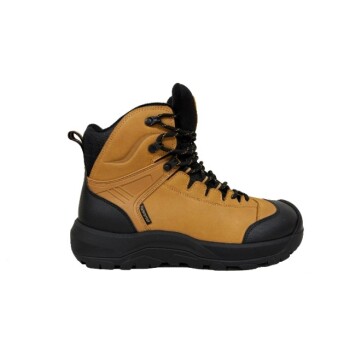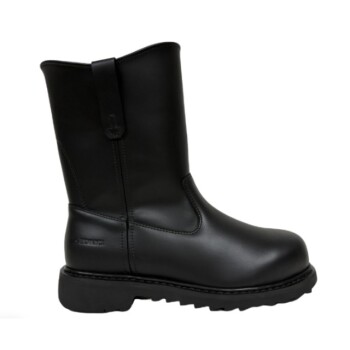Choosing the right shoes is a foundational health decision, not a trivial one. Proper footwear is critical for your overall well-being, directly impacting your posture, joints, and muscles. The correct shoes prevent injuries, improve performance in physical activities, and significantly reduce the risk of developing long-term health complications.
Your shoes are not just an accessory; they are essential equipment for life. The central insight is to always prioritize a shoe's function and fit over its fashion, as this choice directly supports your long-term health, safety, and comfort.
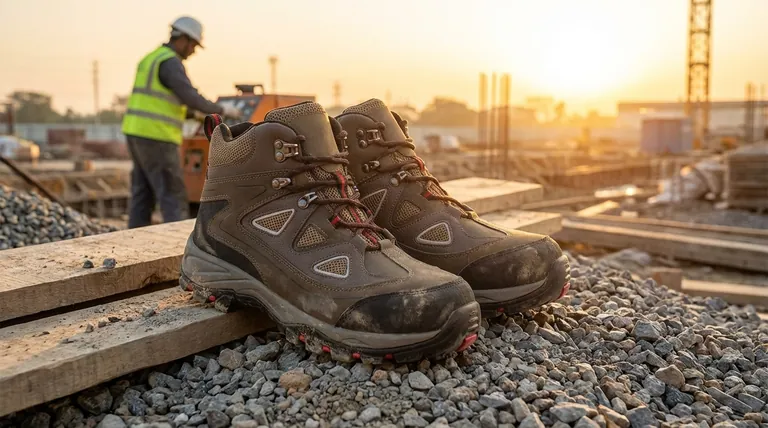
The Foundation of Physical Health
Proper footwear acts as the base for your entire body. When this foundation is unstable or unsupportive, the negative effects travel upward through your skeletal system.
Supporting Proper Posture and Alignment
Your feet align your entire body. The right shoes provide a stable base that helps keep your ankles, knees, hips, and spine in their correct positions.
This alignment reduces unnecessary strain on your muscles and ligaments, preventing the gradual development of postural problems and chronic pain.
Cushioning Joints from Daily Impact
Every step you take sends a shockwave up through your body. Quality shoes provide essential cushioning that absorbs much of this impact.
This protection is vital for the long-term health of your joints, especially your knees and hips, reducing wear and tear from daily activities like walking.
Preventing Chronic Foot Problems
Wearing ill-fitting or unsupportive shoes is a leading cause of foot ailments. Issues like bunions, plantar fasciitis, and tendonitis are often the direct result of poor footwear choices.
The right shoe provides adequate space and support, preventing the fatigue and soreness that can lead to these more serious, long-term conditions.
A Critical Tool for Safety and Performance
In specific contexts like sports or the workplace, footwear transitions from a matter of comfort to a critical piece of protective and performance-enhancing equipment.
Enhancing Athletic and Daily Activity
For activities like walking, the right shoes ensure you can remain comfortable and injury-free. A proper fit should feel right immediately, without requiring a painful "break-in" period.
This support and comfort allow you to perform better, whether you are on a walk or participating in a sport, by minimizing fatigue and the risk of strains.
Mitigating Workplace Hazards
In many professions, foot injuries are a common and preventable hazard. Modern safety footwear offers protection against impacts, punctures, and electrical risks without the bulkiness of old-fashioned boots.
Outfitting a team with appropriate footwear is shown to reduce injuries, cut down on lost work hours, and improve both productivity and overall morale.
Reducing Fatigue for Standing Professions
For workers who spend long hours on their feet, such as those in retail, the wrong shoes can make the job significantly more difficult.
Appropriate footwear provides the necessary support to reduce foot fatigue throughout the day, ensuring greater comfort and endurance.
Common Pitfalls to Avoid
True expertise means understanding not just what to do, but what not to do. Avoiding these common mistakes is essential to realizing the full benefits of proper footwear.
The Myth of the "Break-In" Period
A well-fitting shoe should be comfortable from the moment you put it on. The idea that you must endure pain to "break in" a shoe is a red flag indicating a poor fit.
Forgetting That Shoes Are a Tool
Like any essential tool, shoes require proper care to function correctly. Neglecting them can cause materials to become brittle or lose their supportive qualities.
Without care, a shoe's protective features can be compromised, turning a piece of safety equipment into a potential hazard.
Choosing Fashion Over Function
The single most common mistake is prioritizing aesthetics over the actual needs of your feet and body. While style is a valid consideration, it should never come at the expense of proper support, fit, and function.
Making the Right Choice for Your Goal
Your specific needs should guide your footwear selection. Use your primary objective as the deciding factor.
- If your primary focus is daily comfort and health: Choose well-cushioned shoes that support your natural foot alignment and fit perfectly from the start.
- If your primary focus is workplace safety: Select footwear that is specifically designed to protect against your job's most common hazards.
- If your primary focus is long-term value: Invest in high-quality materials and commit to a proper care routine to ensure your shoes last for years.
Viewing your shoes as an investment in your well-being is the first step toward building a stronger foundation for everything you do.
Summary Table:
| Importance of Proper Footwear | Key Benefits |
|---|---|
| Physical Health | Supports posture, cushions joints, prevents chronic foot problems. |
| Safety & Performance | Enhances athletic ability, mitigates workplace hazards, reduces fatigue. |
| Common Mistakes to Avoid | Don't 'break-in' painful shoes, prioritize function over fashion, maintain your shoes. |
Equip Your Team with the Right Foundation
As a large-scale manufacturer, 3515 produces a comprehensive range of footwear for distributors, brand owners, and bulk clients. Our production capabilities encompass all types of shoes and boots, from durable safety footwear that protects against workplace hazards to comfortable, supportive shoes for daily health and performance.
Investing in the right footwear is an investment in well-being, safety, and productivity. Let us help you make the right choice.
Contact 3515 today to discuss your footwear needs and discover how our quality manufacturing can support your goals.
Visual Guide
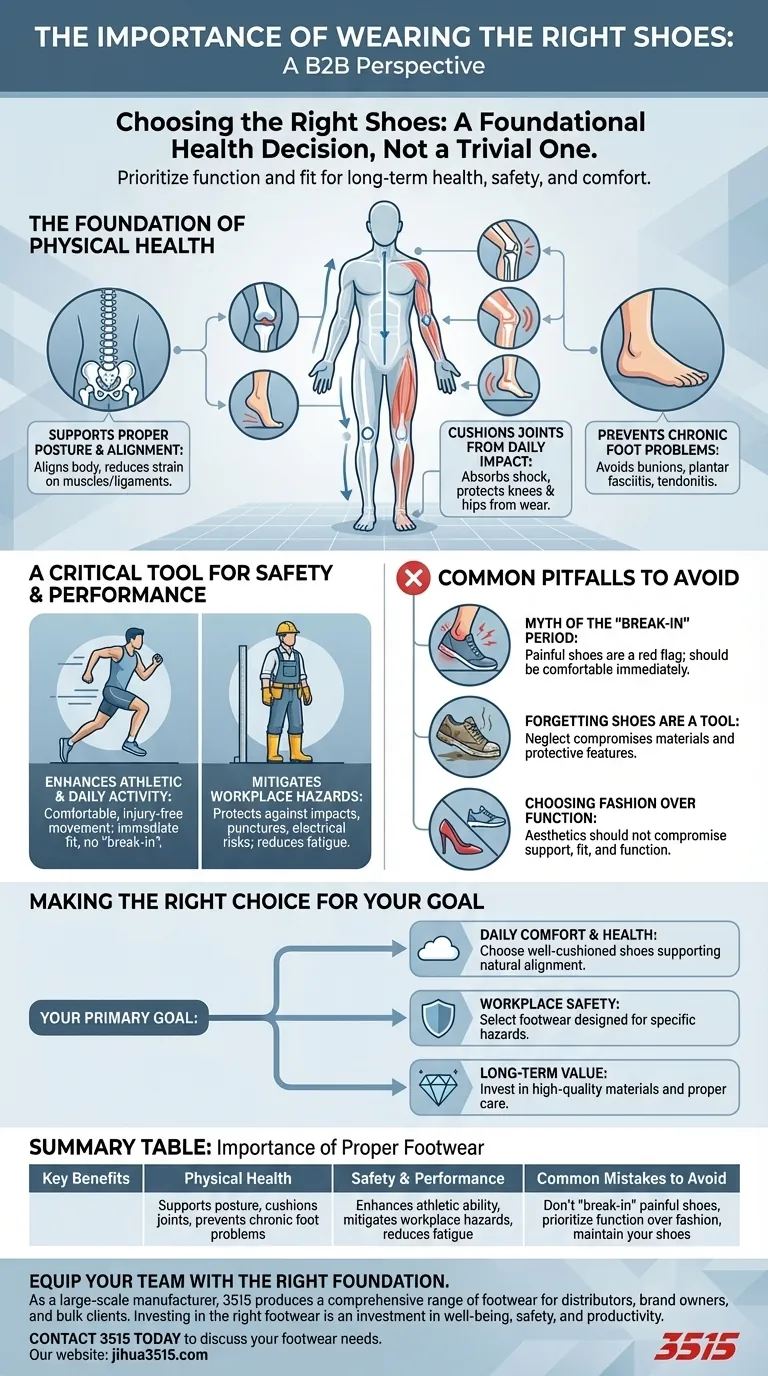
Related Products
- Safety Footwear Wholesale Manufacturer for Custom OEM/ODM Production
- Premium Flame-Retardant Waterproof Safety Boots and Shoes
- Advanced KPU Athletic Safety Shoe with Steel Toe Cap Anti-Slip Rotary Lacing System
- Wholesale Premium Waterproof Nubuck Safety Shoes Boots
- Puncture-Resistant Velcro Safety Boots for Wholesale & Custom Manufacturing
People Also Ask
- What are the primary protective functions of composite-toe boots? A Guide to Modern Safety Footwear
- Is it normal to wear shoes in the house? A Guide to Hygiene, Comfort & Culture
- Can heavy duty work boots be worn daily outside of work? Discover Durable, All-Day Comfort
- What are the differences between steel toe, composite toe, and alloy toe Wellington boots? Choose the Right Safety Toe for Your Job
- What cultural and environmental considerations are tied to wearing shoes indoors? Balance Hygiene, Tradition, and Foot Health


